QuestionHi Dana,
I was researching bloat in rabbits and I came across an answer you wrote on 2/12/2004. You mentioned that the color of the bunny along with the marshmallow type poops seem to indicate a genetic condition. I have a rabbit that this describes perfectly.
I have noticed his poops looking like this off and on over the last couple of years and he is back to doing it again now. I would love to know more about this condition and what I can do to help manage this situation. Also, what in your experience, can I expect for his future health?
AnswerDear Tracy,
The "Cowpoop Syndrome" is still a bit of a mystery. One of the oddest parts is that it appears that the more pigmentation an affected rabbit has, the milder the condition is--and we've seen this borne out in the several rabbits we've had with the syndrome.
The main fear with these bunnies is that if their intestinal contents become desiccated (as happens not infrequently in *all* rabbits, if they don't drink enough during an illness or other bout of something), then these abnormally large poops can become so hard to pass that they not only can scar the intestine and cause stenosis (narrowing) of injured areas, but can actually cause intestinal blockages. We've had two Cowpoop Bunnies die from this.
The one we have now (Peace) is white with LOTS of spots, and she doesn't have the syndrome as obviously as the others. To keep her poops moving well and keep her intestines hydrated, we administer lactulose, an indigestible sugar that acts as an osmotic laxative to draw liquid into the gut and hydrate the contents. In a bunny whose Cowpoops seem to be getting a bit dry, this is an excellent way to "lube the works" and keep things from injuring the intestines.
As for long term prognosis: it's hard to say. If he doesn't start to suffer blockages, he could be fine and just have those messy poops, which can be a nuisance. But if he starts to have chronic episodes of inappetence and apparent ileus (www.bio.miami.edu/hare/ileus.html), then in his case this might actually *be* intermittent blockages, and not true ileus. If this starts to happen, then please ask your vet about putting him on a regimen of prophylactic lactulose to be given every week or so, just to be safe.
It might not help forever, but it can prevent damage that could contribute to blockages as he ages and slows down.
I hope this helps.
Dana

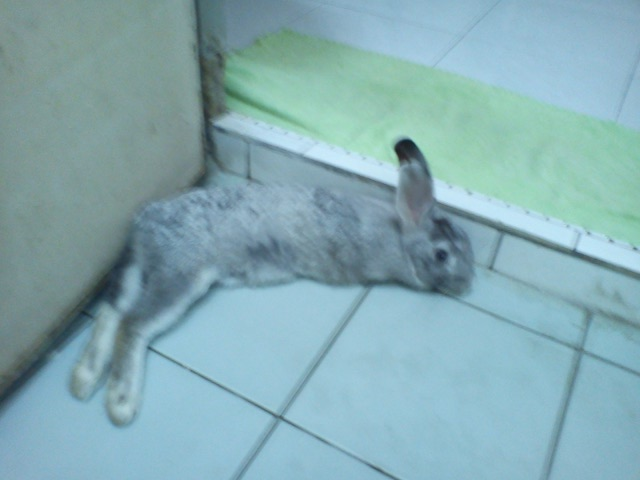 Eating but not putting on weight
QuestionTrevor bunny
QUESTION: My male bunny-Tre
Eating but not putting on weight
QuestionTrevor bunny
QUESTION: My male bunny-Tre
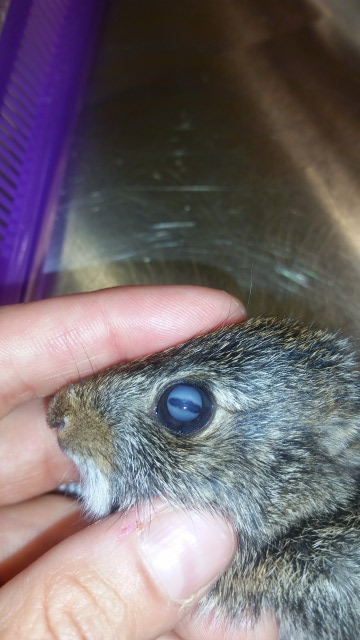 Eastern Cottontails
Question
ECT eye ECT eye
Hello Dr. Krempel
Eastern Cottontails
Question
ECT eye ECT eye
Hello Dr. Krempel
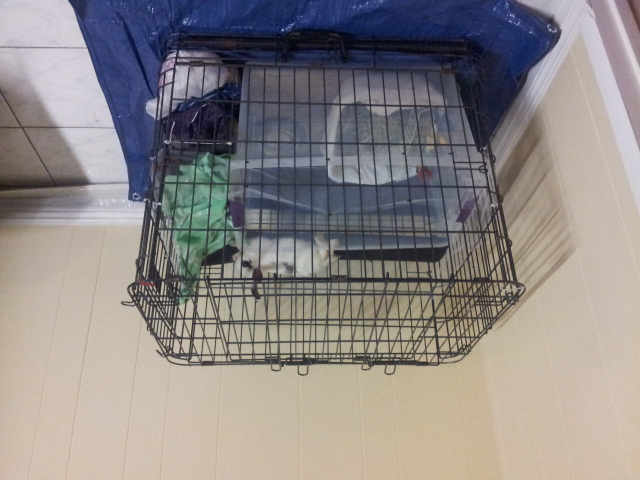 habitat?
Question
cage
Hi, im kaitlyn.
I have a bunny an
habitat?
Question
cage
Hi, im kaitlyn.
I have a bunny an
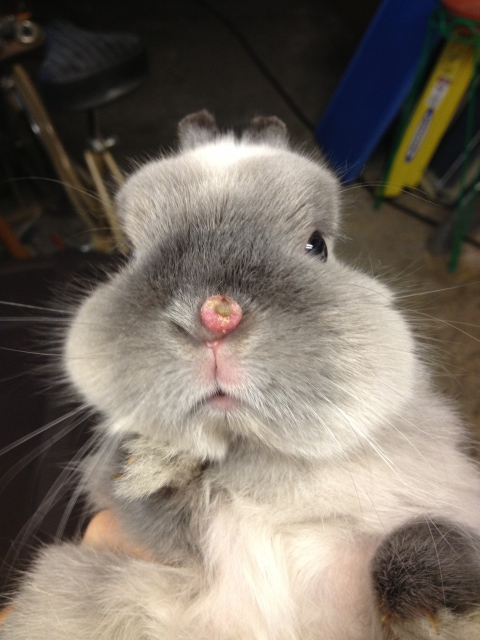 Bump on my rabbits nose
Question
bump on nose bump on nose 2
Breed
Bump on my rabbits nose
Question
bump on nose bump on nose 2
Breed
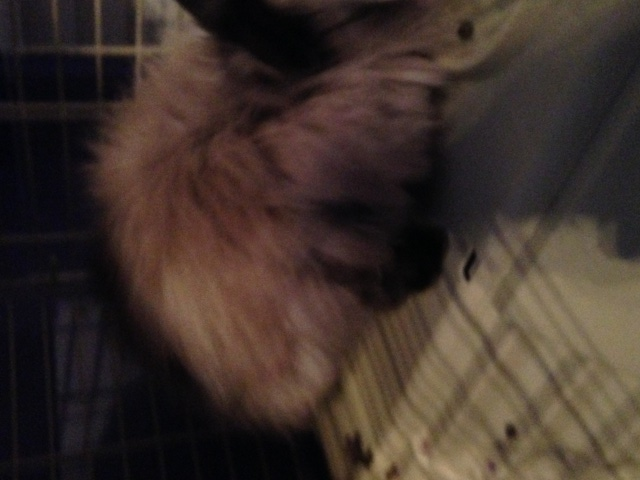 Lionhead rabbit breed colors
QuestionLionhead buck senior (
QUESTION: Believe
Lionhead rabbit breed colors
QuestionLionhead buck senior (
QUESTION: Believe